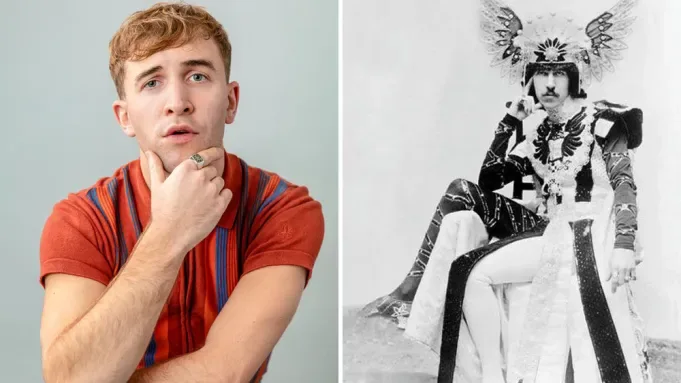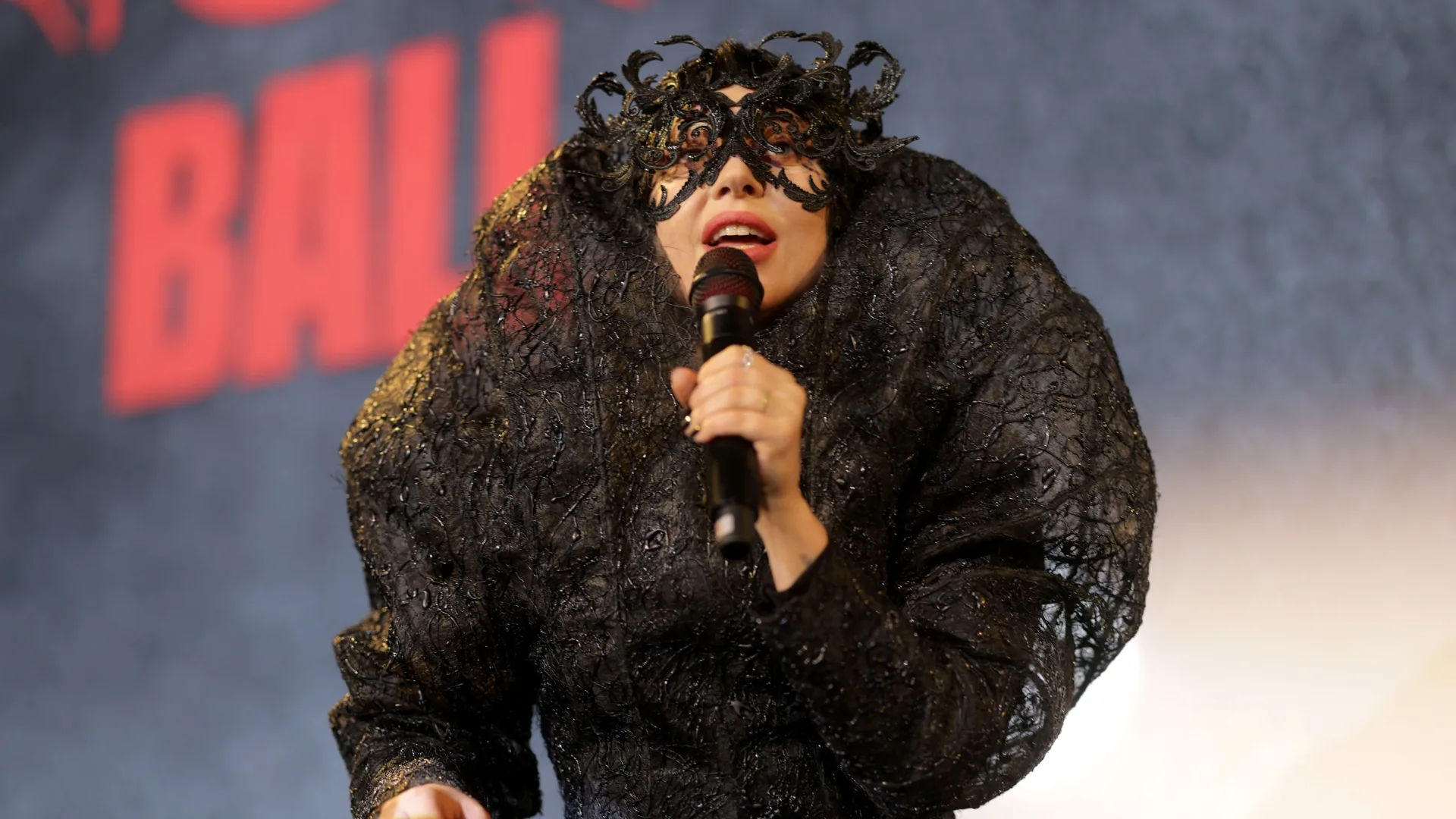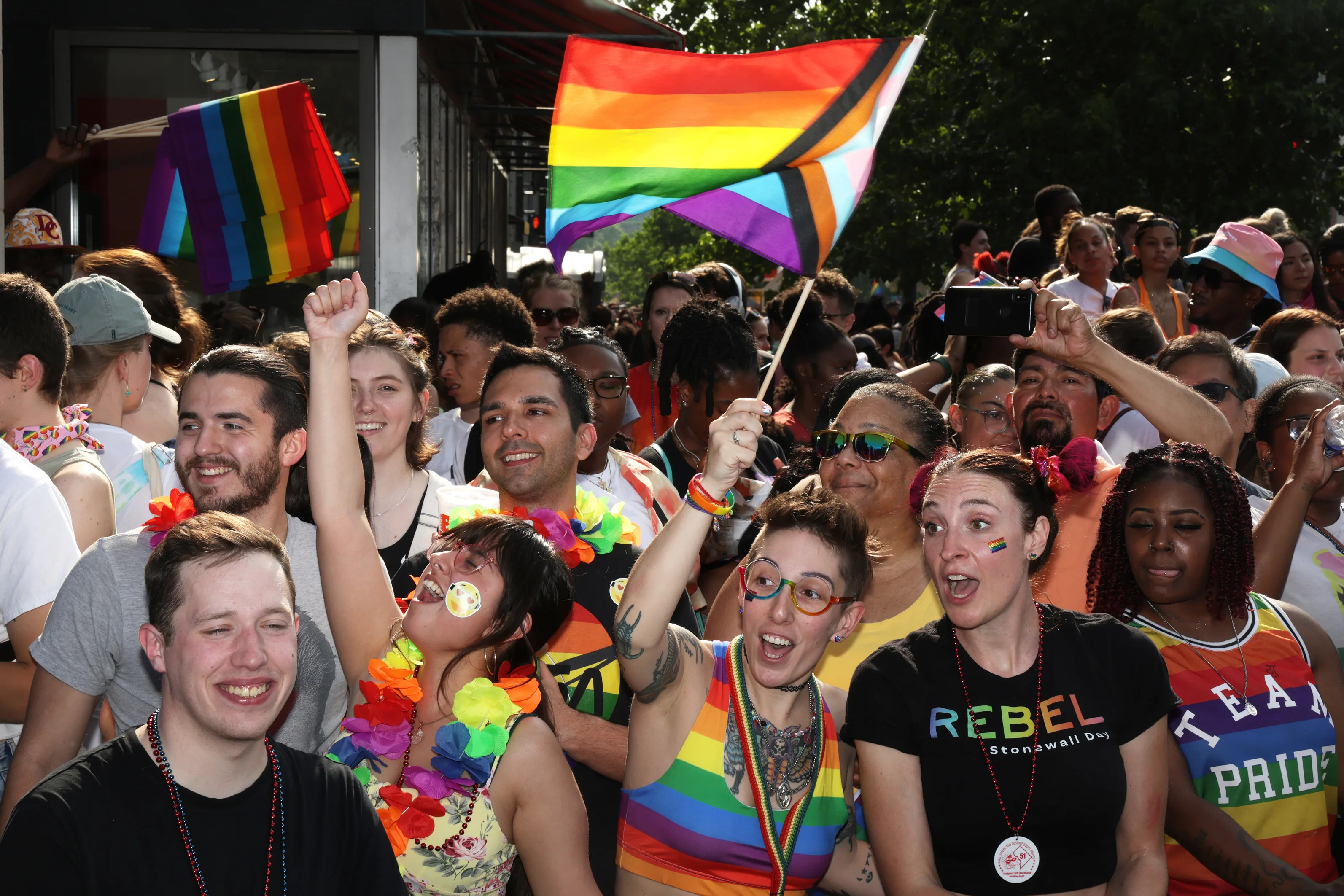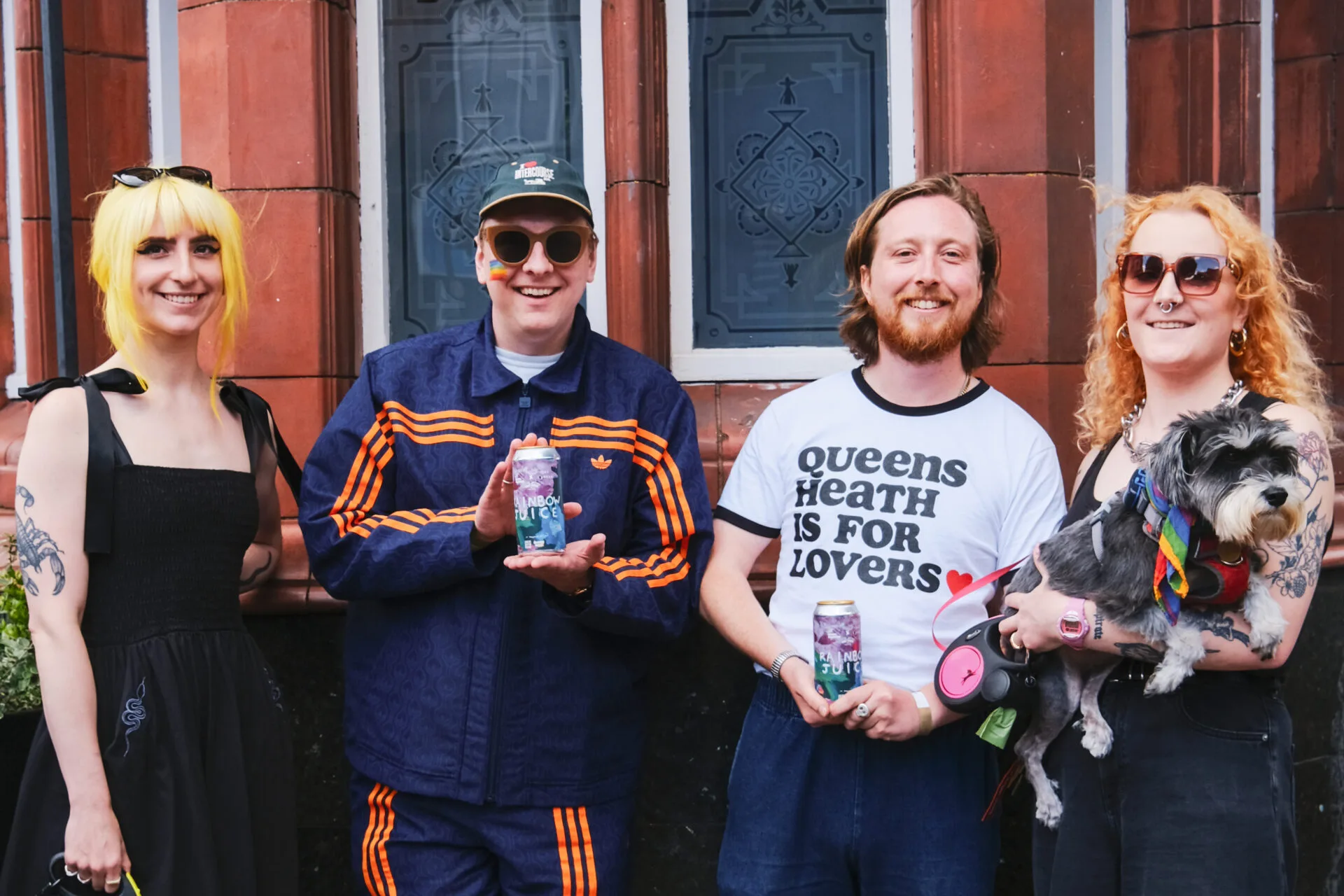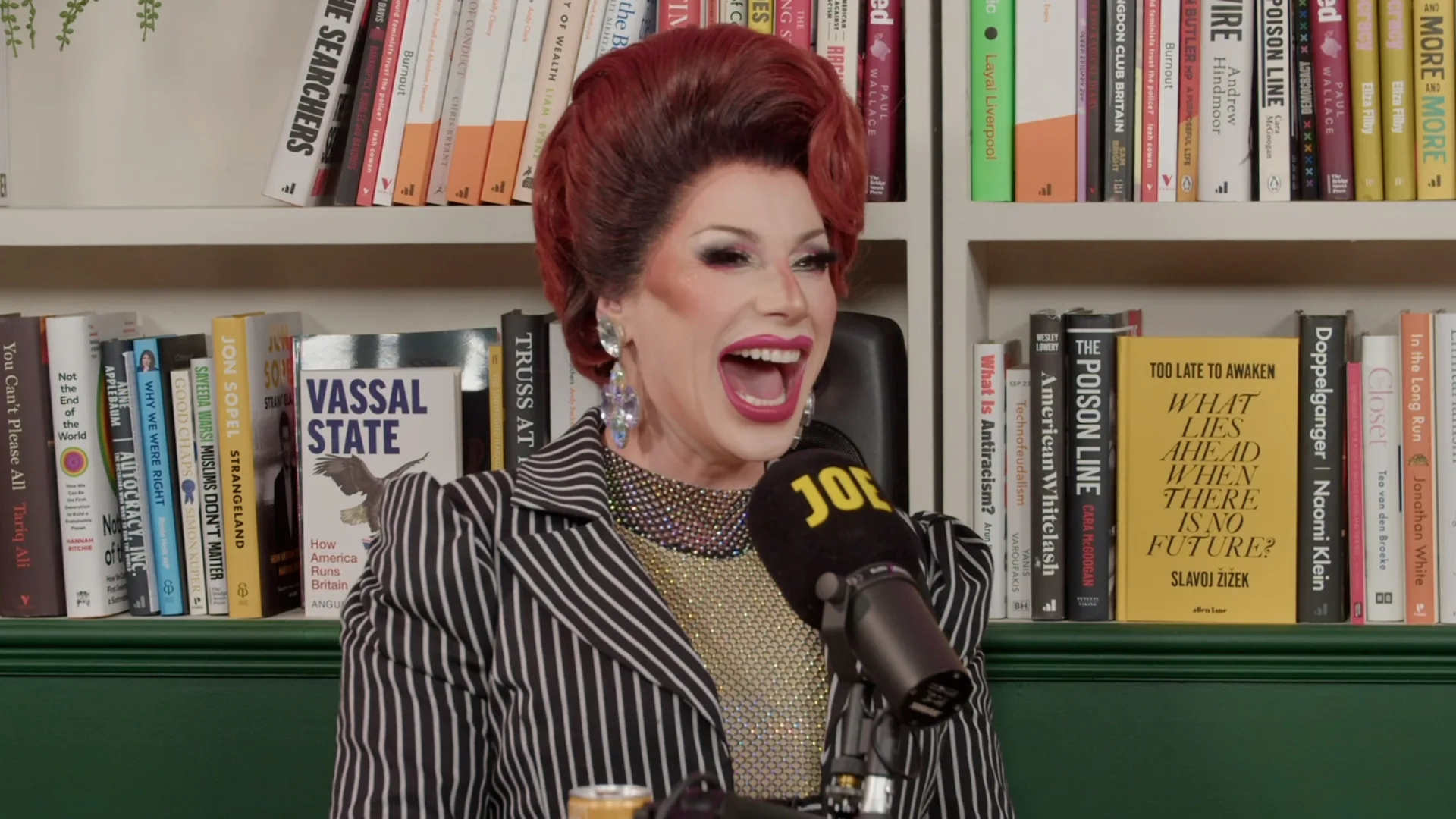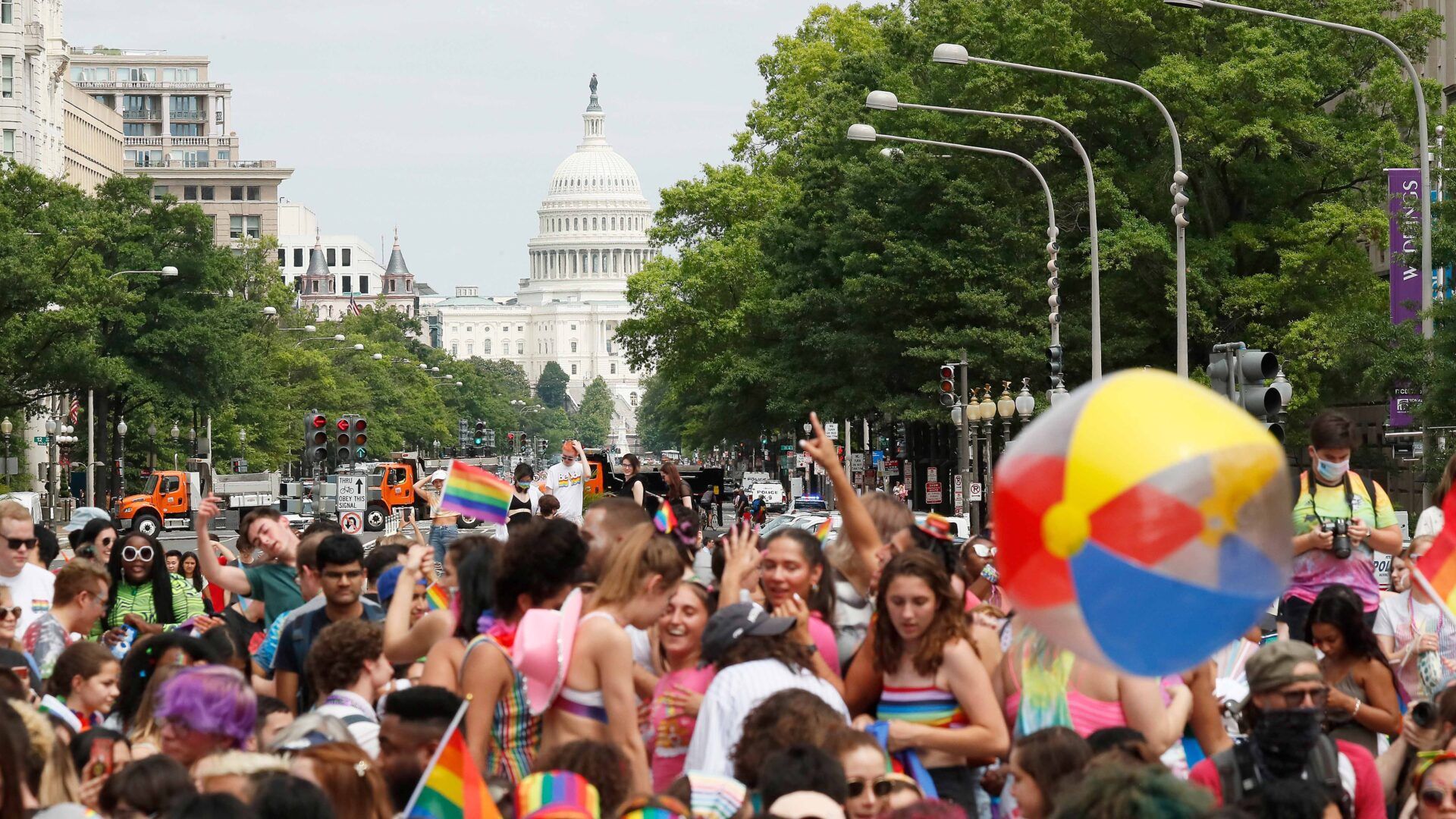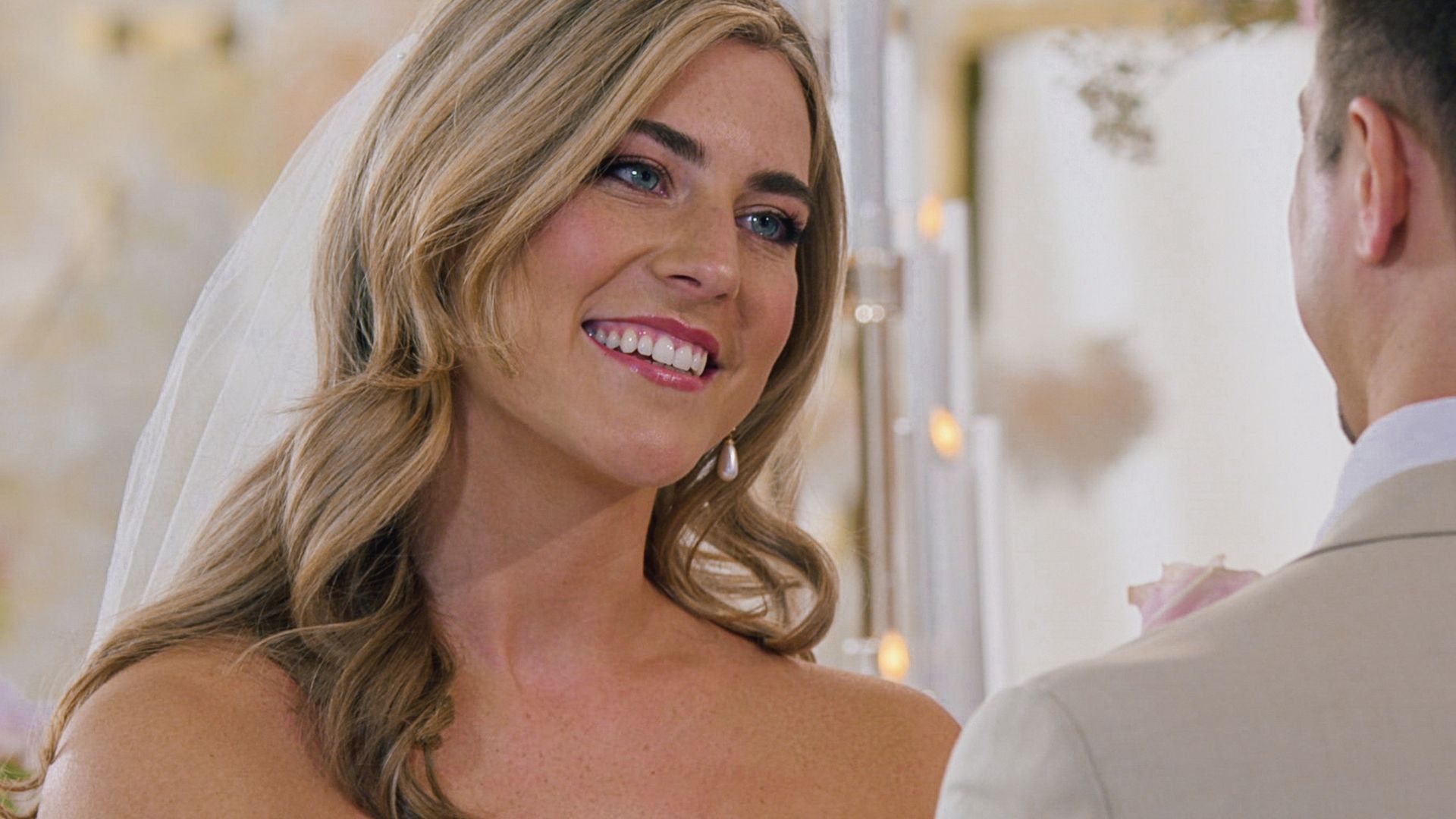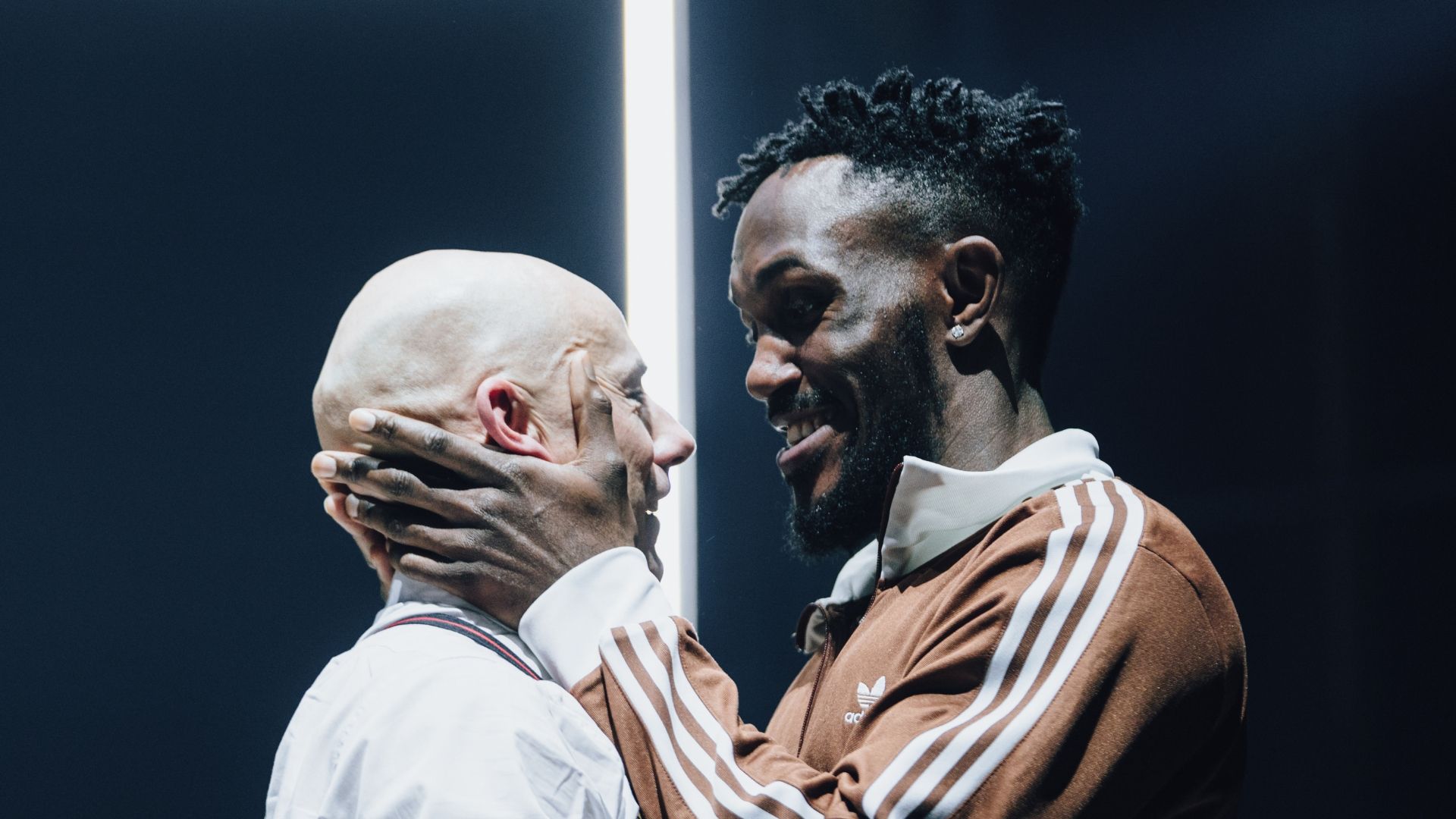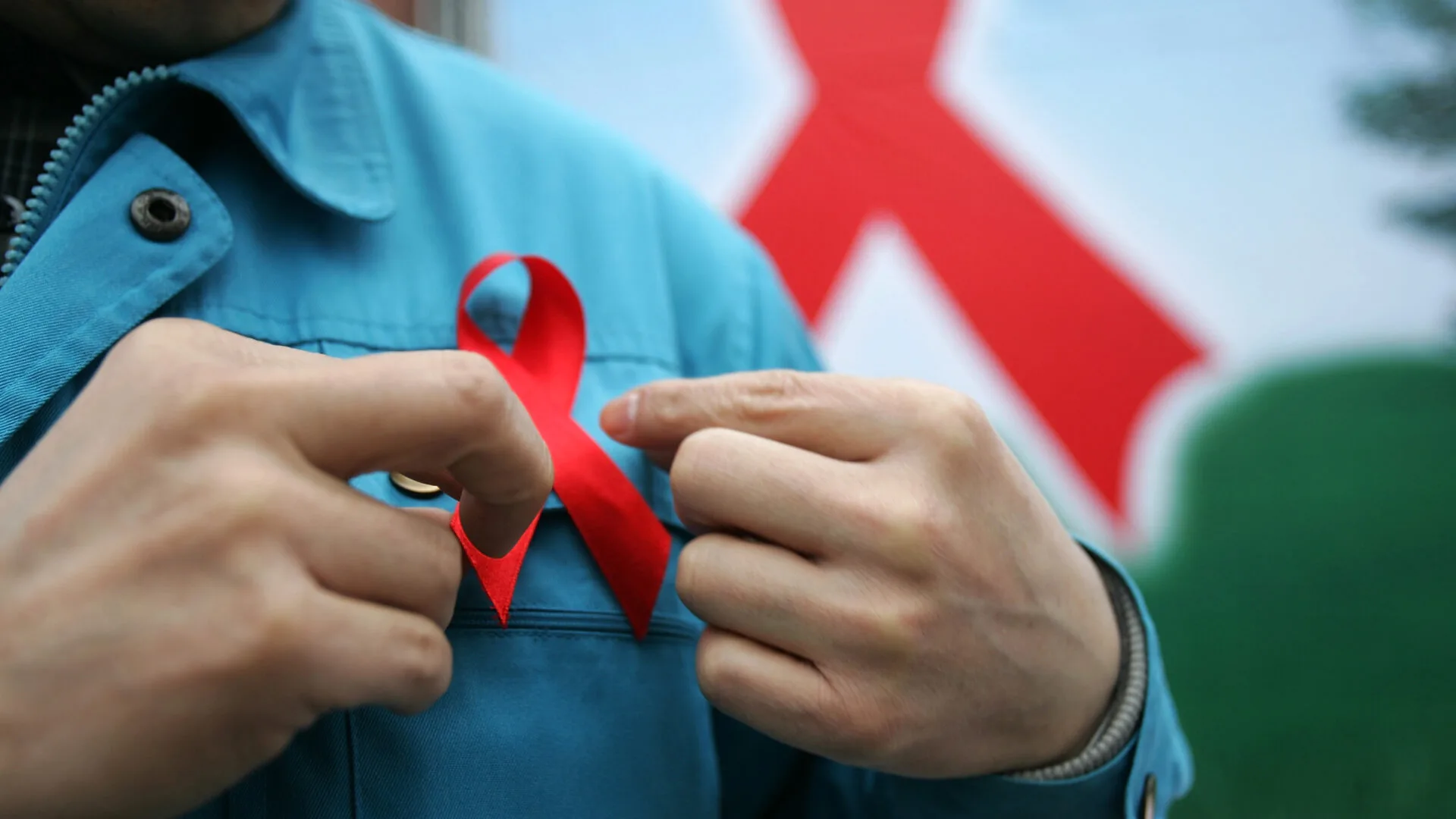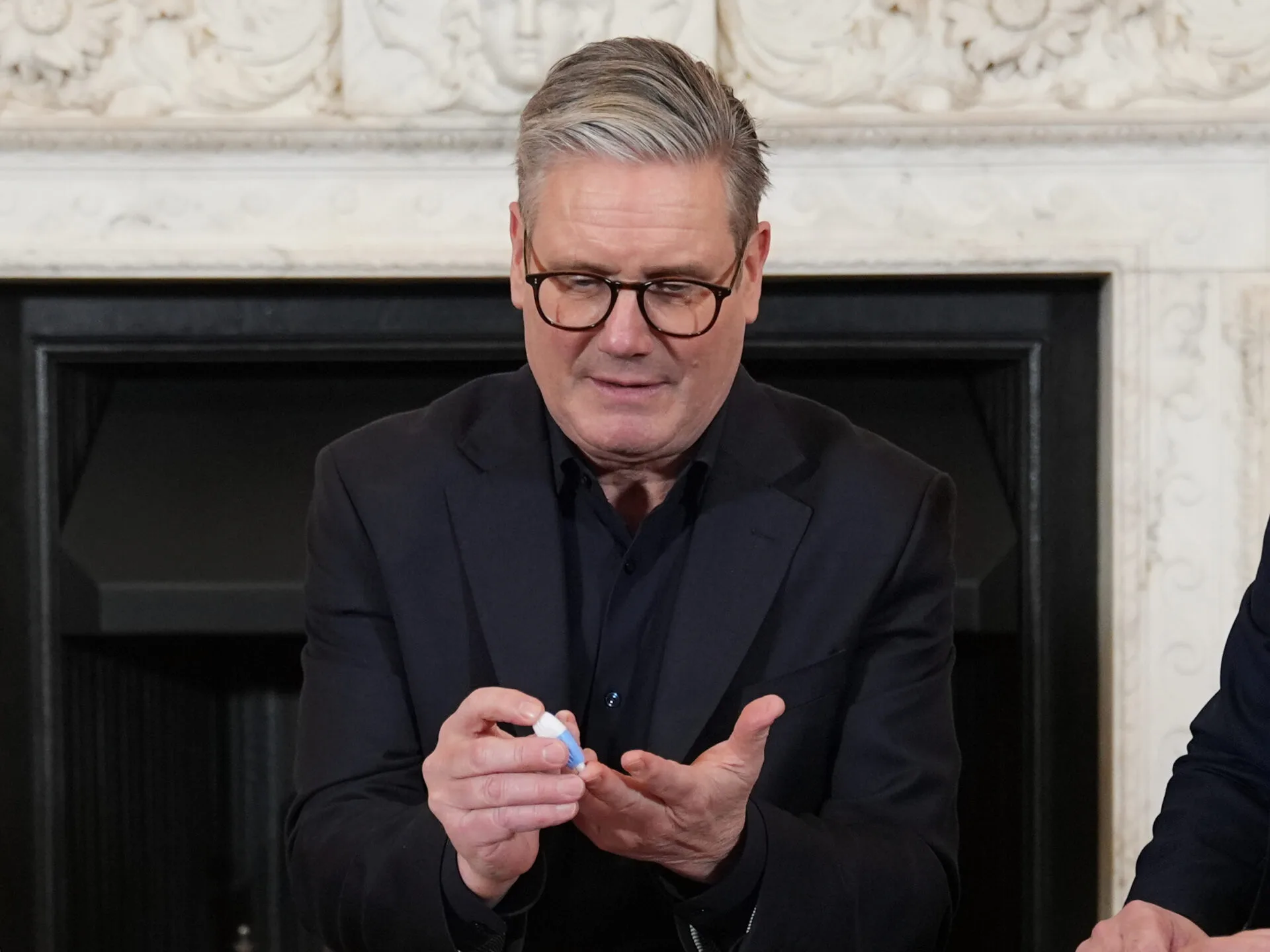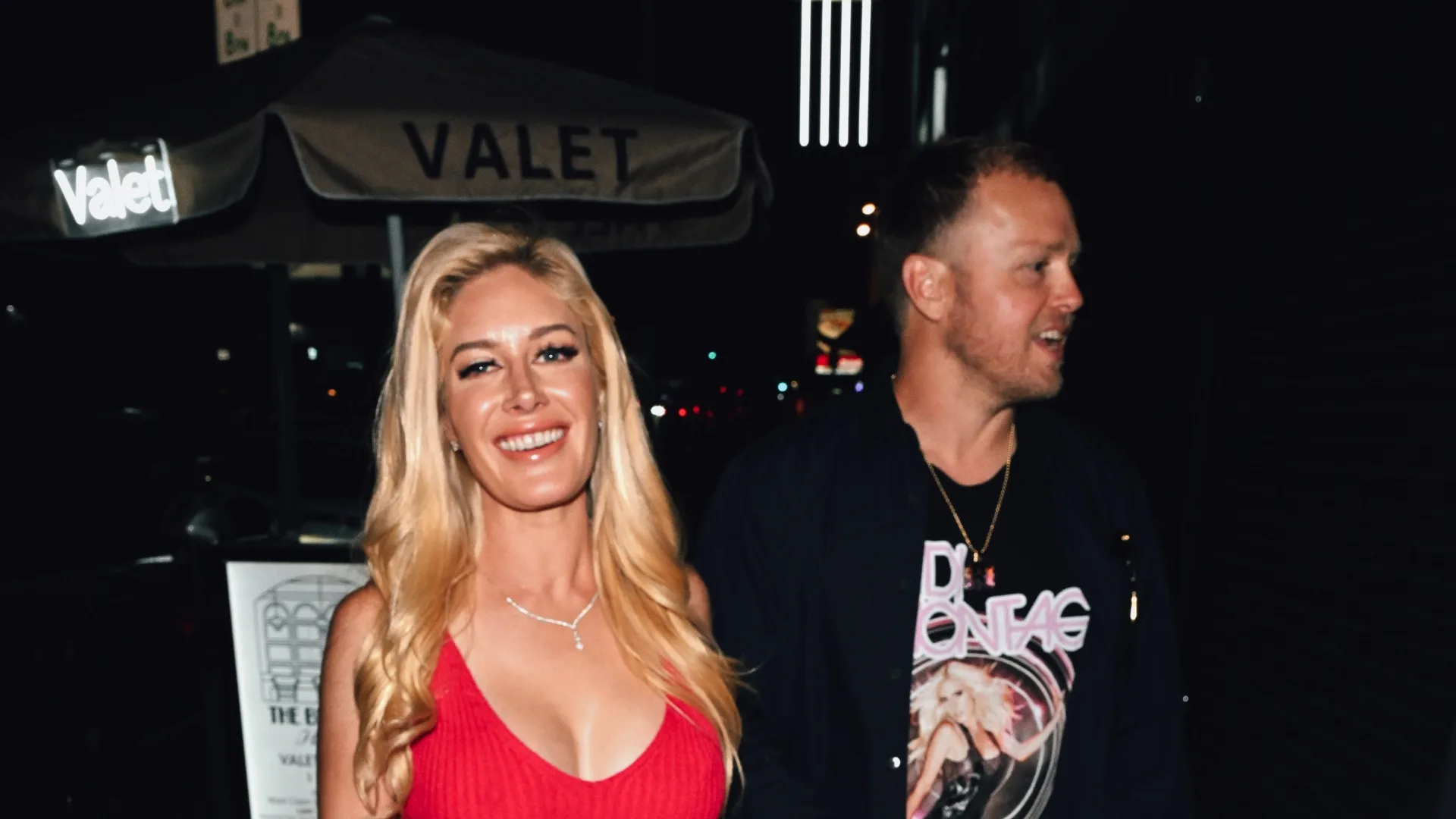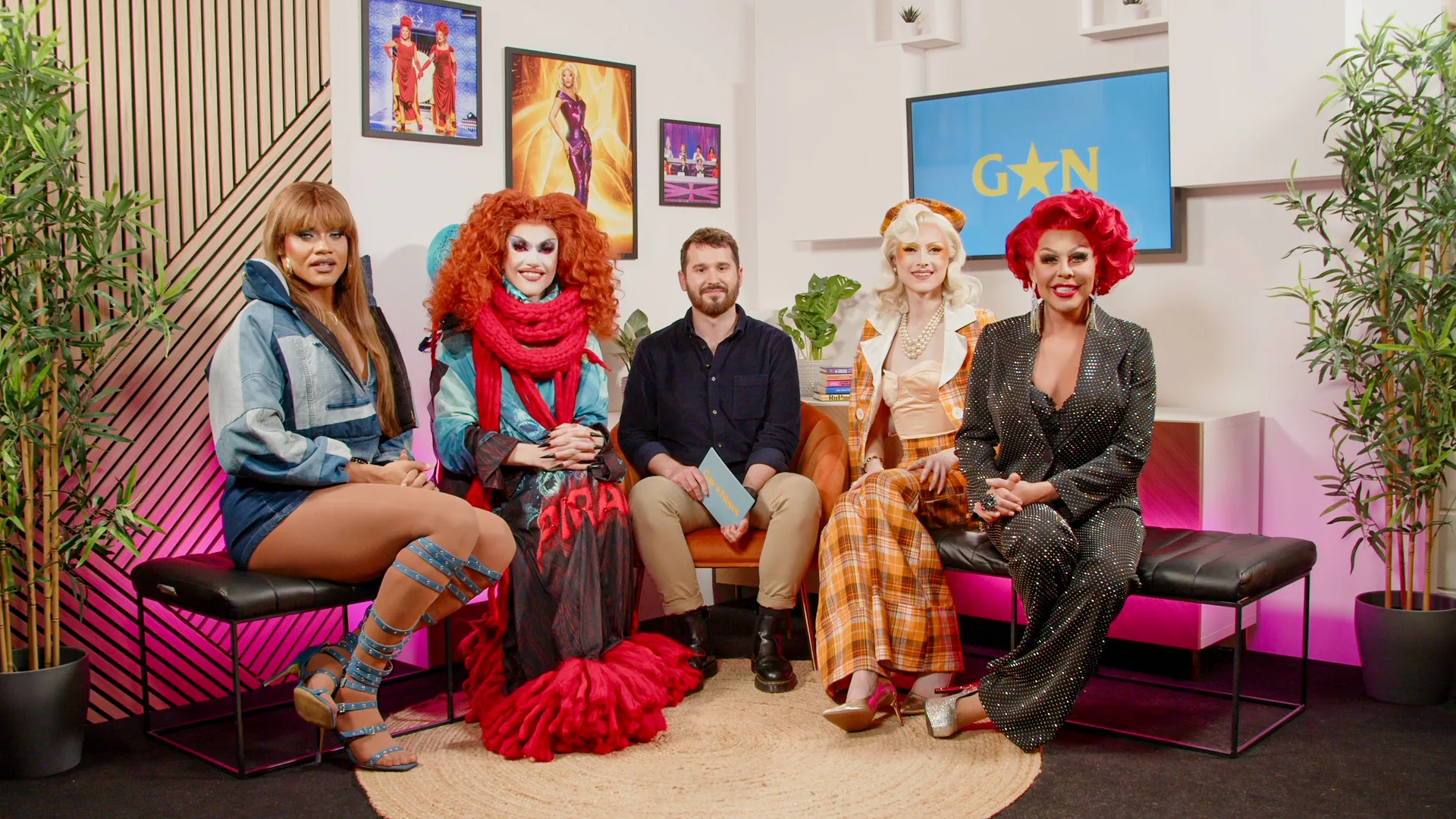For a brief period last year, there was a trend of women asking their boyfriends how often they think about the Roman Empire. The results, though initially surprising (they often admitted to thinking about it at least a few times a day), shed light on something intangible about the straight male psyche. War, construction, politics, military aestheticism, civilisation, philosophy, how it all can come crashing down – the Roman Empire tickled all those special interest areas of a man’s brain.
This also naturally led to the opposing question: what’s the female equivalent? What’s something you think about often, maybe daily, can lead you down unknown Wikipedia paths, that you project yourself onto in some weird way? On social media and among my friends, a few names came up consistently: Princess Diana, Titanic, the Salem Witch Trials, Henry VIII’s six wives, and Britney Spears. Also Marie Antoinette.
The female fixation, if the meme is to be believed, is tragedy and the persecution of women, especially the beautiful kind, throughout history. Particularly women of privilege (although the fact that history has rarely told the stories of women outside royal courts or the spotlight may also have something to do with this). If the entire fate of some of the most rich and powerful women in the world is just subject to the whims and bad decisions of men, what hope is there for the rest of us?
Which brings me to Chappell Roan, and the global obsession that has taken hold with her over the past six months. Since January, the musician’s monthly Spotify listeners have increased from around one million to over 45 million. Taylor Swift, for comparison, has 92.3 million, which given she’s one of the most successful musicians of all time, with a back catalogue of eleven studio albums plus deluxe editions and re-releases, really puts Chappell Roan’s meteoric rise into perspective. And the hype is more than deserved – you don’t need to be a pop girlie to appreciate her phenomenal talent. And if you are a pop girlie, or a Queer woman celebrating the Lesbian renaissance, she’s the new messiah.
Becoming a global sensation overnight would be a lot for anyone to adapt to, but Chappell has been open about finding it particularly difficult. In June, she stopped a concert midway through in tears, telling the crowd she was “feeling a little off today, because I think my career is going really fast and it’s hard to keep up. I’m just being honest, I’m having a hard time today.”
In May 2022, she shared that she’d been diagnosed with bipolar II, which if you’ve only just joined the Chappell Roan fan train, like millions of others, you might not be aware of. She was also suicidal growing up.
In an interview last week, Chappell told the Guardian she had been diagnosed with severe depression, despite not feeling “actually sad. But I have every symptom of someone who’s severely depressed.” That includes: brain fog, forgetfulness, poor focus and “a very lacklustre viewpoint”. She told the paper: “Every time I walk through my front door, it just comes out of me. I can’t even help it, I just start sobbing and either being so angry at myself for choosing this path, or grieving how the curiosity and pure wonder I had about the world is somewhat taken away from me.”
Stalking behaviours and non-consensual fan interactions prompted her to release videos and a statement online in August, asking to “draw lines and set boundaries” with fans. “I don’t agree that I owe a mutual exchange of energy, time, or attention to people I do not know, do not trust or who creep me out–just because they’re expressing admiration,” she wrote. “I embrace the success of the project, the love I feel, and the gratitude I have. What I do not accept are creepy people, being touched, and being followed.”
Her statement echoed a quote from Britney’s memoir, The Woman In Me, recounting why she shaved her head in 2007. “My long hair was a big part of what people liked – I knew that. I knew a lot of guys thought long hair was hot… shaving my head was a way of saying to the world: Fuck you. You want me to be pretty for you? Fuck you. You want me to be good for you? Fuck you. You want me to be your dream girl? Fuck you.”
A staff member at a tattoo parlour she went to at the time told Us Weekly that when they asked her why she’d shaved her head, Britney said: “I don’t want anyone touching me. I’m tired of everybody touching me.” (Her strands of shaven hair were reportedly posted on ebay and reached $1m in bidding, before the ad was removed. Not for any ethical concerns, but because they couldn’t verify it was Britney’s real hair.)

It’s progress in some ways that Chappell had the agency to release her own statement about her treatment. One of the only positives we can pull from social media is the power it gives celebrities to say what they need to say on a public platform. Britney (or Marilyn, Anna Nicole Smith, Judy Garland, Brittany Murphy, Caroline Flack – whichever superstar female celebrity you want to use as the stand in), had their mental health struggles at the hands of fame turned into global tabloid entertainment. But both reflect the lack of control women experience once a certain level of fame takes hold; somehow, in the space between one million and 45 million fans, ownership of your brain and body is adopted by the media and so-called fandom (or abusive parental conservatorship). Hopefully, Chappell Roan is the artist to break that cycle.
“She’s establishing quite a new relationship with her fans in the sense that it’s a transaction,” says Stefan, a fan outside one of her shows in Brixton Academy. “At the end of the day, she’s providing music. We are liking that music, but that’s it. There shouldn’t be this intense focus on her after that.”
I ask Stefan if he thinks stan culture has gone too far. “Yeah, it gets way too much. I think fans have this idea that they made this celebrity into what they are, therefore they deserve something from them. No. Like they gave you something. They gave you great music, they gave you a great experience, a great show. That’s it. That’s where it ends.”
“It’s just the way that people treat female celebrities long term,” says Aoife, another one of the Brixton show fans. “She’s the top girl for a month and then she does one thing and she’s gone. But men are just allowed to do whatever.”
This process is even more amplified by the ultra-fast paced turnaround of boom and bust popularity on social media. One minute you’re making a TikTok about how you dress demurely for work. The next, everyone’s hailing the start of “demure Autumn”, and the end of brat summer. Two weeks later, everyone forgets who you are and declares the meme over.
And yet, the more Chappell tries to assert a new agenda over how she’s treated in the public eye, the more fascinating she becomes to the media. Just like watching a car crash, when you’re told not to look, you’re only more intrigued. This weekend, in the Guardian interview mentioned above in which she told the world she had severe depression, a different quote garnered a lot more attention:
“I have so many issues with our government in every way,” she says. “There are so many things that I would want to change. So I don’t feel pressured to endorse someone. There’s problems on both sides. I encourage people to use your critical thinking skills, use your vote – vote small, vote for what’s going on in your city.” The change she wants to see in the US in this election year, she says instantly, is “trans rights. They cannot have cis people making decisions for trans people, period.”
Chappell has been vocal about her opposition to Israel’s war in Gaza. When asked to perform at the White House for pride, the singer wanted to perform Palestinian poetry, but was advised this would be a security risk. But that aside, the quote did not go down well with LGBTQ+ people and allies on X, who pointed out that as a now prominent member of the Queer community, the choice between potential Project 25 and Kamala Harris should have been an easier one.
Last night, Chappell released a TikTok video responding to the backlash. “I have encouraged people to use critical thinking skills. Learn about what they’re voting for, learn about who they’re voting for, and ask questions and it’s being completely taken out of context, per usual. There is nuance to what I say in interviews, and I think it’s important that people use critical thinking. I think it’s important for me to question authority,” she said.
As someone who really really doesn’t want to see Trump back in power come November, I can’t say that the quote sat well with me either, but this is kind of exactly the point: Chappell Roan is a drag persona, a Queer music and visual project. Chappell Roan is clearly left wing and liberal, she wants to support LGBTQ+ rights, her artistry is great, but we aren’t owed anything further from her. She has the right to express her version of fame and influence in the way that feels right for her. Once she’s had a chance to catch up mentally with the platform she now finds herself on, then we can talk about whether it’s irresponsible to sit on the fence – our expectations from Taylor Swift are and should be different.
“It is not virtue signalling, and that my actions have always paved the way for my project and the people who really know me. Actions speak louder than words, and actions speak louder than an endorsement… no, I’m not voting for Trump,” she said.
Somewhat hauntingly, Chappell seemed to foretell the path she would find herself on a year after releasing her debut album. The Rise And Fall Of A Midwest Princess is a satirical title which references not only the super-fast rate at which we build up and “cancel” celebrities, but also the fates of other doomed princesses – Pop Princess Britney, Princess Diana, Queen Marie Antoinette. Maybe it’s all an extended performance art piece designed to get the world staring and screaming until the fever pitch gets too high and we chop her head off. Hopefully we never have to find out.
UPDATE 26/09/24: Chappell has now released another video regarding the quote about endorsement. In it, she said, “Endorsing and voting are completely different… f*ck the policies of the right, but also, f*ck some of the policies of the left. That’s why I can’t endorse… yeah I’m voting for f*cking Kamala. But I’m not settling for what has been offered. Cause that’s questionable… so if you look at my statement and you’re still like ‘she’s just playing both sides’, no. You’re not getting it. I’m critiquing both sides because they’re both so f*cked up.” to see the statement video in full, watch here.
Words by @iamhelenthomas


